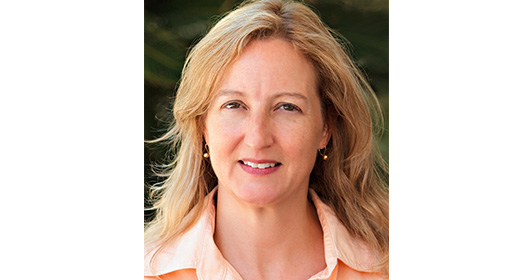Cooperative federalism and climate change: Rethinking traditional state and federal roles
Date & time
Location

About the lecture:
The Obama Administration’s EPA created a stir when it recently proposed widely varying state carbon-intensity targets to be achieved by 2020 and permanently by 2030. Dr. Engel will discuss a recent paper that examines the bases for federal allocation, among the various states, of the greenhouse gas emissions reductions needed to meet federal air pollution standards under the Clean Air Act. Because of the Obama Administration’s intent to exploit the climate change-related regulatory opportunities available under the Act, including those available under the Act’s cooperative federalism provisions, this allocation question will continue as an important issue to federal and state environmental regulators, regulated entities and the public. The paper concludes that recent rulemakings of the Obama Administration reveal an evolving new approach to the federal government’s role under the cooperative federalism framework seen in the Clean Air Act, one in which the federal government assists states in addressing the collective action problems presented by interstate and global pollution problems. Because the new approach relies upon agency statutory interpretations, however, the permanence of this new approach will depend in large part upon the Administration’s success in obtaining judicial deference to its statutory interpretations.
From the speaker's bio:
Kirsten Engel is the Charles E. Ares Professor of Law at the James E. Rogers College of Law at the University of Arizona where she teaches and researches in the areas of environmental and administrative law with a particular emphasis upon federalism and the role of the courts in fostering policy responses to climate change. Since 2013, Engel has been serving as the Law College's Associate Dean of Academic Affairs. Engel is the co-author of an environmental law textbook, Environmental Law: A Conceptual And Pragmatic Approach (2d ed.), and numerous book chapters and articles. Her work appears in journals such as the UCLA Law Review Discourse, the Minnesota Law Review, and the Ecology Law Quarterly. Prior to joining the law faculty at the University of Arizona, Engel held appointments within academia and in the public and nonprofit sectors, including the U.S. Environmental Protection Agency, the Massachusetts' Attorney General's Office, and visiting and permanent professorships at Harvard, Vanderbilt, and Tulane Law Schools.